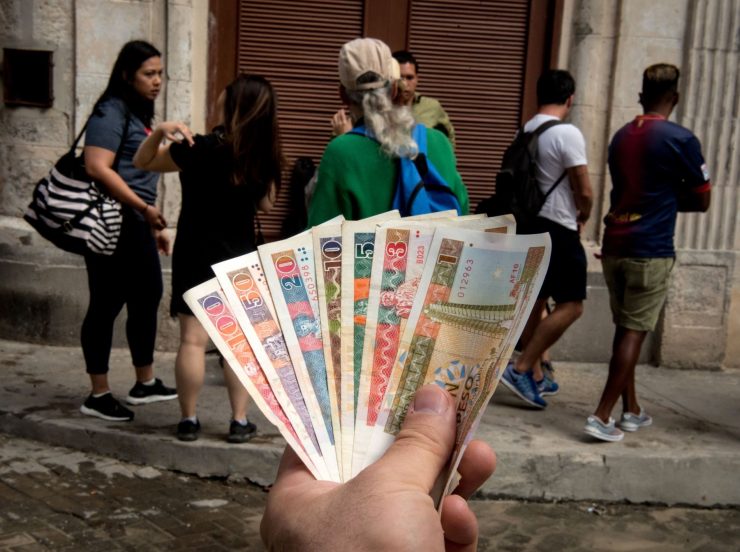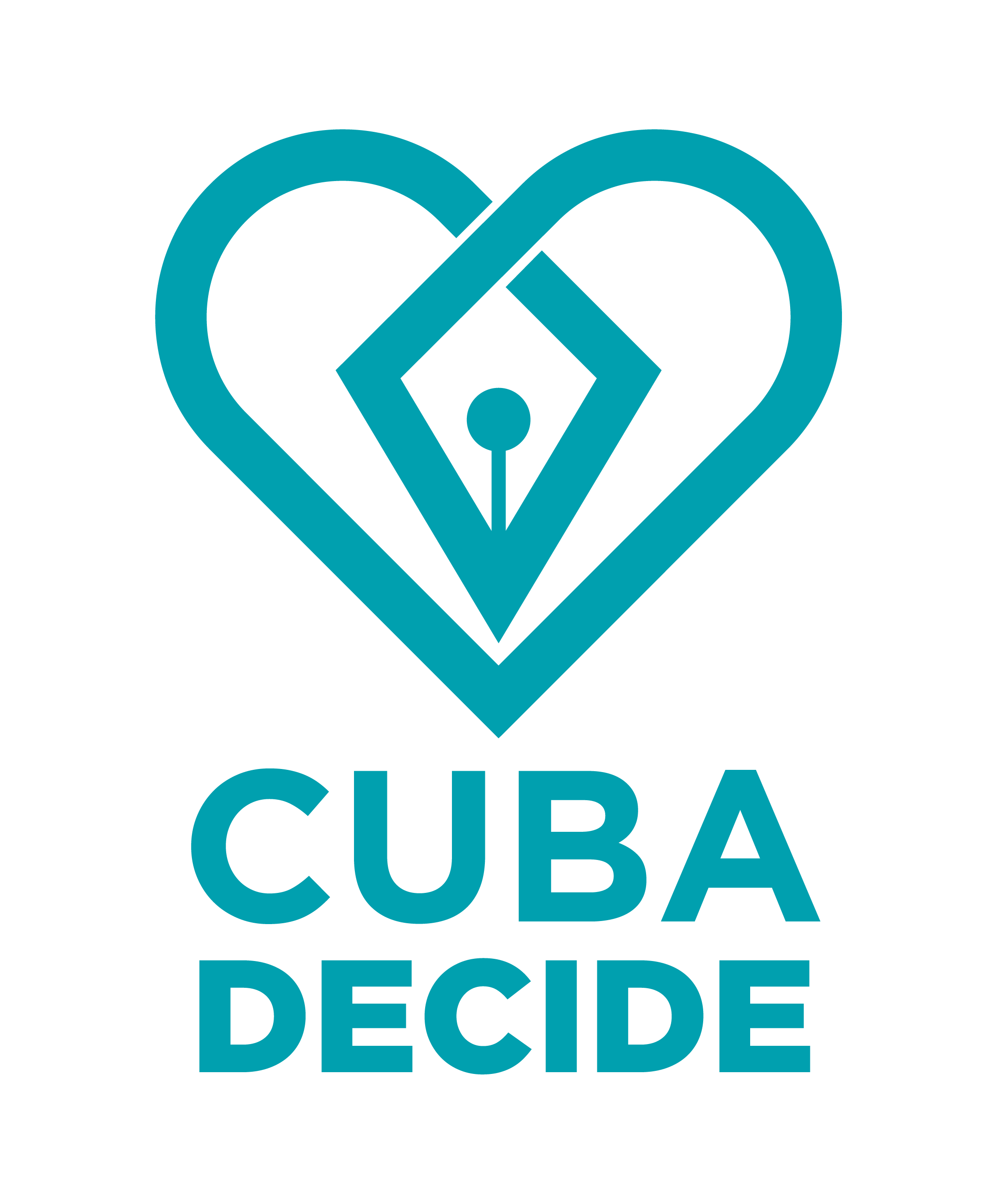COLLABORATE AS A VOLUNTEER OR WITH YOUR DONATION SO THAT “CUBA DECIDE” CAN CONTINUE FIGHTING FOR THE RIGHT TO CHOOSE OF THE CUBAN PEOPLE.
Amidst complex international relations and policies imposed by the Cuban regime, sending packages and humanitarian aid to Cuba has become an increasingly difficult and problematic task. The Cuban dictatorship has imposed significant restrictions on shipments to the island, making it difficult for Cubans to access essential goods and creating a humanitarian crisis that affects the population.
The blockade imposed by the Cuban government severely limits the entry of shipments and external aid, hindering the delivery of basic supplies such as food, medicine, and other items necessary for the well-being of the population.
Furthermore, restrictions imposed by the Cuban dictatorship often involve strict control over incoming shipments, making the equitable distribution of resources difficult and may lead to the confiscation of goods by the government. This not only affects Cuban citizens who depend on external aid but also hinders the efforts of international organizations and civil society to provide humanitarian support to those in need.
Ultimately, the issue of sending shipments to Cuba due to the blockade imposed by the dictatorship highlights the urgent need to seek diplomatic solutions and measures to ensure equitable access to humanitarian aid and basic supplies for all Cubans. It is essential for the international community to stand in solidarity with the Cuban people and work towards a future where all individuals can live with dignity and freedom.
How to Send Money to Cuba:

To send money to Cuba, there are several options available, although the process can be somewhat complicated due to existing financial restrictions and regulations. Here are some of the most common ways to send money to Cuba:
- International bank transfers: You can send money through international bank transfers from your bank to a bank institution in Cuba. However, keep in mind that this method may have high fees and longer processing times. Additionally, you may need to provide additional information and comply with specific regulations.
- Money transfer services: There are money transfer companies that offer services to send money to Cuba. Some of these companies include Western Union, MoneyGram, and RIA. You can make transfers in person at their physical locations or through their online websites. It is important to check the fees, sending limits, and specific requirements for sending money to Cuba with each provider.
- Sending remittances through intermediaries: In some Cuban communities abroad, there are intermediaries that offer services to send remittances to Cuba. These intermediaries may have connections and special agreements to facilitate the process of sending money to recipients in Cuba. However, be cautious when choosing an intermediary and ensure they are reliable and comply with all applicable regulations.
- Cash or check transfers via postal mail: Although less common and riskier due to possible loss or theft, some people choose to send money in cash or checks via postal mail to their relatives or friends in Cuba. However, this method is not recommended due to associated risks and lack of secure delivery guarantees.
Before sending money to Cuba, it is important to research and understand the financial regulations and specific restrictions that may apply both in the originating country and in Cuba. Additionally, make sure to confirm the fees, processing times, and identification requirements needed to complete the transaction safely and legally. If you have any doubts or questions, it is advisable to consult with a financial or legal professional for specific advice on the process of sending money to Cuba.
From Cuba Decide, we promote a change in the political system on the island. A political system away from archaic socialism, authoritarianism, and indoctrination. We want, for Cuba, a model country that respects economic, social, and political freedom, where Cubans have real decision-making power.

